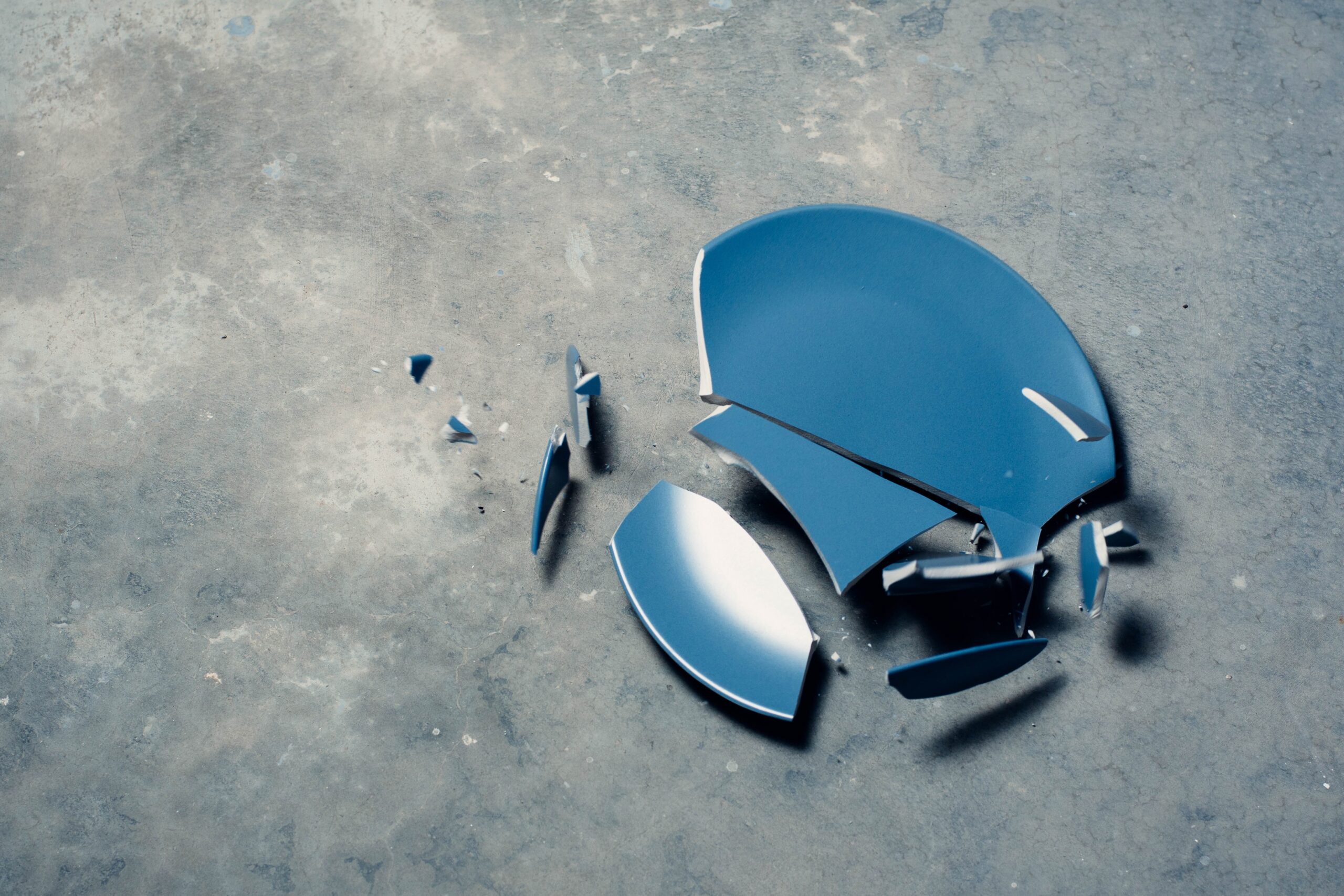
People hate to fail, and they are reluctant to admit having done so. As a result, they hide their failures not only from other people, but themselves as well. Unfortunately, failing to acknowledge failure means failing to learn from it, which turns one failure into two.
From a very young age in schools, children are taught to be afraid of failure. Mistakes are pointed out and the “correct way to do things” is drilled into their conscience. “If you fail at this,” children are told, “bad things will happen and you will never succeed.”
Is this not a flawed way of thinking about things? We live in a world of ample opportunities. A single point of failure rarely, if ever, means that one is doomed to never succeed.
Is failure bad?
Success invites us to sit back and bask in complacency. On the contrary, failure encourages us to start again, to rethink what went wrong and what went right, and importantly, what to do better.
Failure forces us to continue experimenting, to continue creating. Mark Zuckerberg, founder of Facebook, didn’t advise his employees to “don’t fail”, but rather “fail faster”. They were urged to go boldly in designing new products and services to find out what didn’t work — to “move fast and break things” — so that ultimately, there would be more successful products.
Certainly, it might be said that there are certain “make or break” moments in our lives. A professional athlete might have trained her entire life to perform at the Olympics, where a single misstep can cause her to lose that huge competition. A well thought-out business deal that falls through is an equally crushing event.
However, we absolutely must consider the fact that these “failures” are still the little experiments in what we call life! Sure, it would take a truly resilient individual to get over the emotional barrier of these setbacks, but emotional growth and maturity happens once we realize the benefits of these failures.
Recontextualizing failure
We ought to reframe the actions we take in our lives as steps. Each “failure” or “success” is but a step in our journey of life. In order to continue moving forward, we have to keep taking these steps, and the result is often secondary.
Vincent Van Gogh painted 860 canvases, only one of which was sold during his lifetime. His ‘failed’ paintings are now among the best-loved and most expensive around.
Perhaps there cannot be a single measure of success, and similarly, there cannot be a single measure of failure. What is failure to someone will appear as a beautiful experiment to another. An entrepreneur that has countless failed startups could be a successful lesson to budding business-people.
Rather that continuously mulling over mistakes, we need to take the opportunity to grow, and keep on doing whatever it is we enjoy: experimenting to enrich our lives and the world around us.
This post was inspired by Derek Sivers – Why You Need to Fail
Enjoyed this post? Leave a comment below if you’d like to share your greatest achievements and challenges in your life. You can also let us know on our Facebook page!
BlankSlate Counselling is here to help anyone experiencing mental health issues. We believe that with care and trusted support, we can build a thriving population that supports mental health in Singapore.
Give us a call at 6698 5198, or send us a message today.




Pingback: Struggle with procrastination? Try building simple habits | BlankSlate Counselling